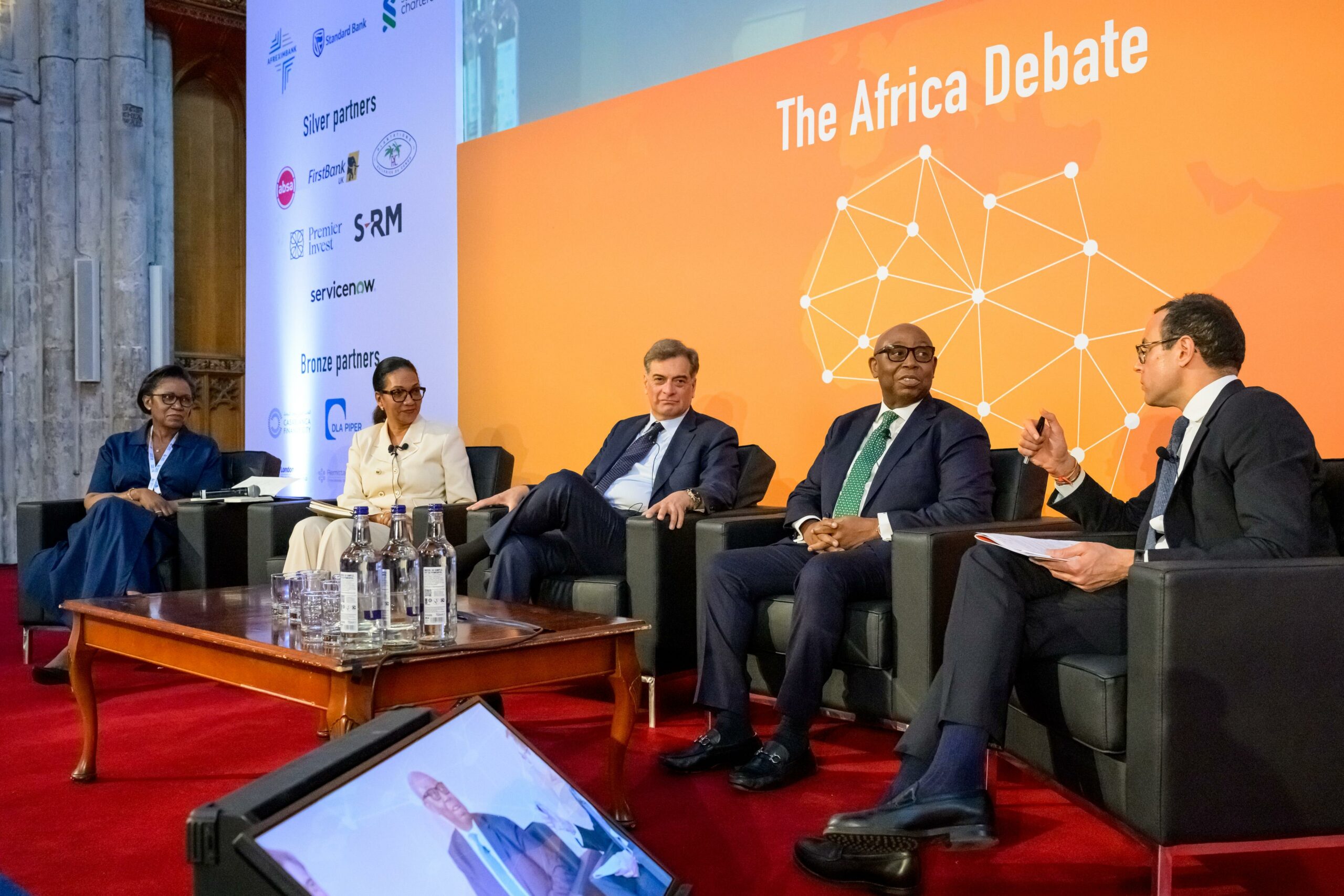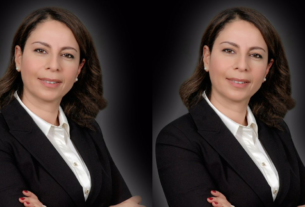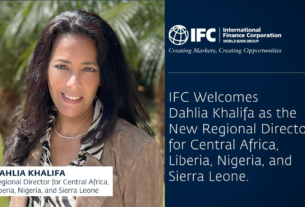During the prestigious Africa Debate 2025 forum held on July 2nd in London, Monique Gieskes, CEO of PHC, captivated the audience with an ambitious and inspiring vision: to elevate the Congolese agro-industry to the status of an economic pillar capable of rivaling the power of the mining sector.
In a global context where sustainable agriculture is emerging as a strategic lever for economic development, the Democratic Republic of Congo (DRC) is boldly positioning itself on the African stage, driven by the momentum of Plantations and Huileries du Congo (PHC).
Africa Debate 2025, a must-attend event for the continent’s key decision-makers, once again brought together in London the most influential voices from Africa’s economic sectors, including energy, mining, finance, infrastructure, technology, and, of course, agriculture.
The exceptional presence of William Ruto, President of Kenya, as guest of honor and keynote speaker, gave this edition significant political and economic weight.
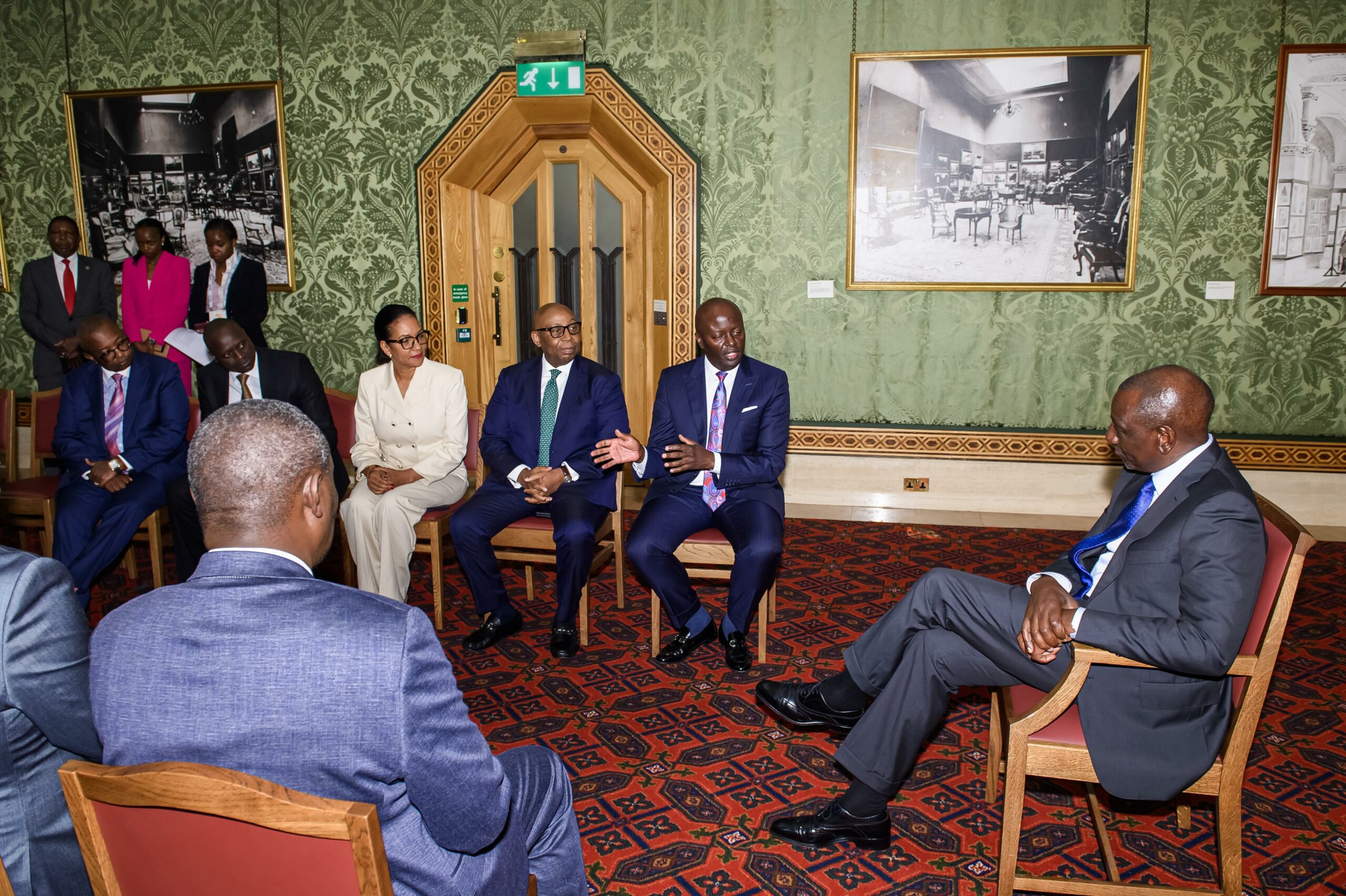
Within this prestigious framework, Monique Gieskes shared the stage with prominent figures of African business such as Marie-Chantal Kaninda, Chairwoman of Glencore DRC, and Wale Adeosun, Chairman of Kuramo Capital Management and majority shareholder of PHC. Together, they engaged in a high-level discussion on the strategic role of agricultural transformation as a driver of inclusive and sustainable growth across the continent.
DRC: an agricultural giant ready to awaken
Before an audience of over 700 investors, political leaders, and business executives from around the world, Monique Gieskes delivered a speech both clear-eyed and inspiring, revealing the vast agricultural potential of the Democratic Republic of Congo, potential that PHC is already helping to transform into a genuine engine of sustainable development for the country.
“The DRC possesses unique assets: 80 million hectares of arable land, a favorable tropical climate, and a young, dynamic population. With a regional market of 500 million consumers when including the nine neighboring countries, we have a historic opportunity to develop a competitive and sustainable industrial agriculture,” explained the CEO of PHC.
Yet, she emphasized, this tremendous potential remains largely untapped, hindered by persistent structural challenges: insufficient infrastructure, limited access to energy, and a still fragile business environment. “The challenges are real. But at PHC, we have chosen to turn them into levers for sustainable growth.”
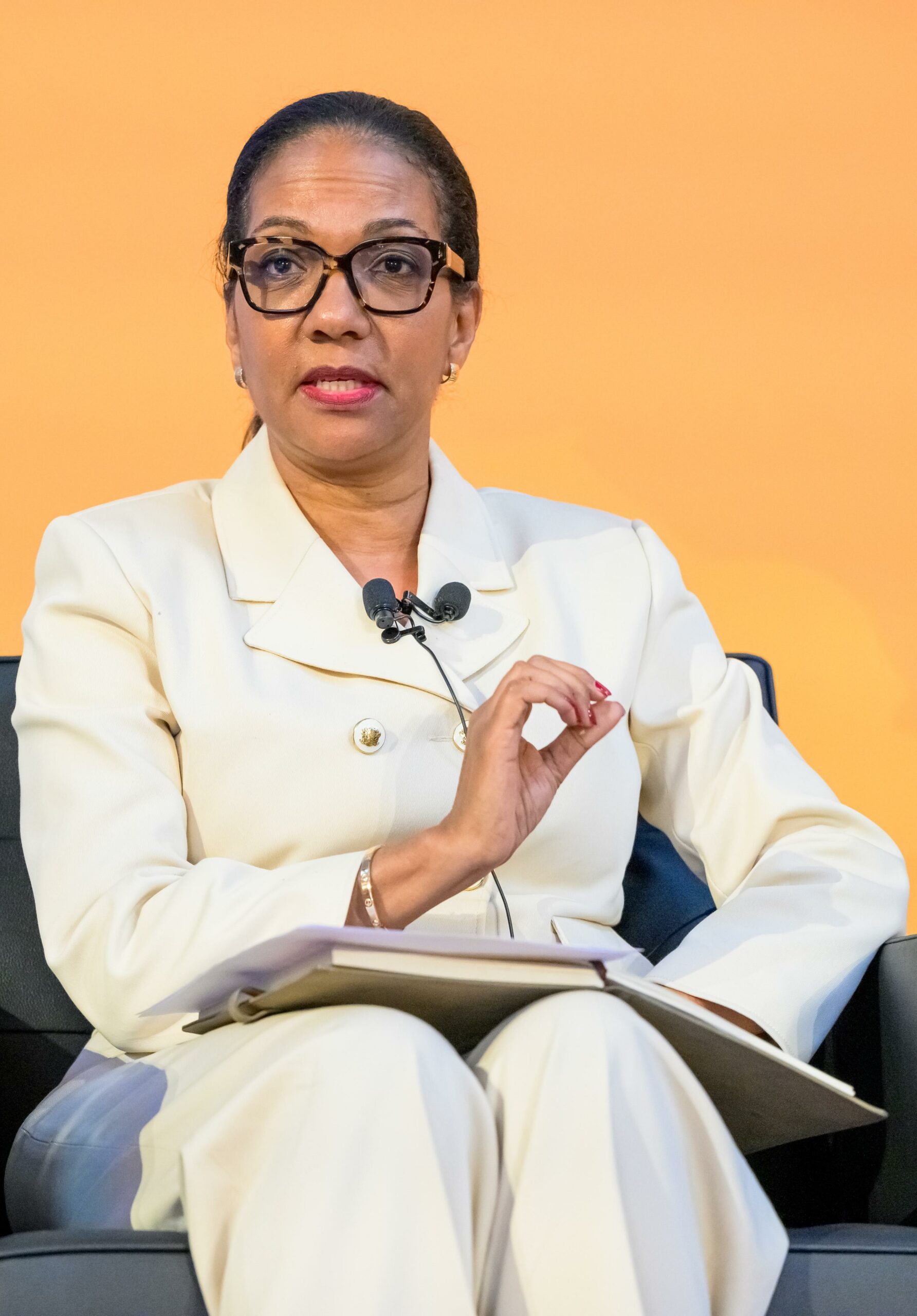
PHC: a model of successful agricultural transformation
A century-old company at the heart of the Congolese economic fabric, Plantations and Huileries du Congo (PHC) is today the leading producer of sustainable palm oil in the DRC. Operating in Lokutu (Tshopo), Yaligimba (Mongala), and Boteka (Equateur), the company embarked on a profound transformation starting in 2020, driven by the entry of Kuramo Capital Management as majority shareholder.
In this regard, Wale Adeosun, Chairman of Kuramo Capital, highlighted PHC’s exemplary nature: “At Kuramo, we believe investing in Africa means investing in its human capital. PHC exemplifies our approach: long-term investments, local partnerships, and a strong commitment to sustainability can generate both economic success and lasting social impact.”
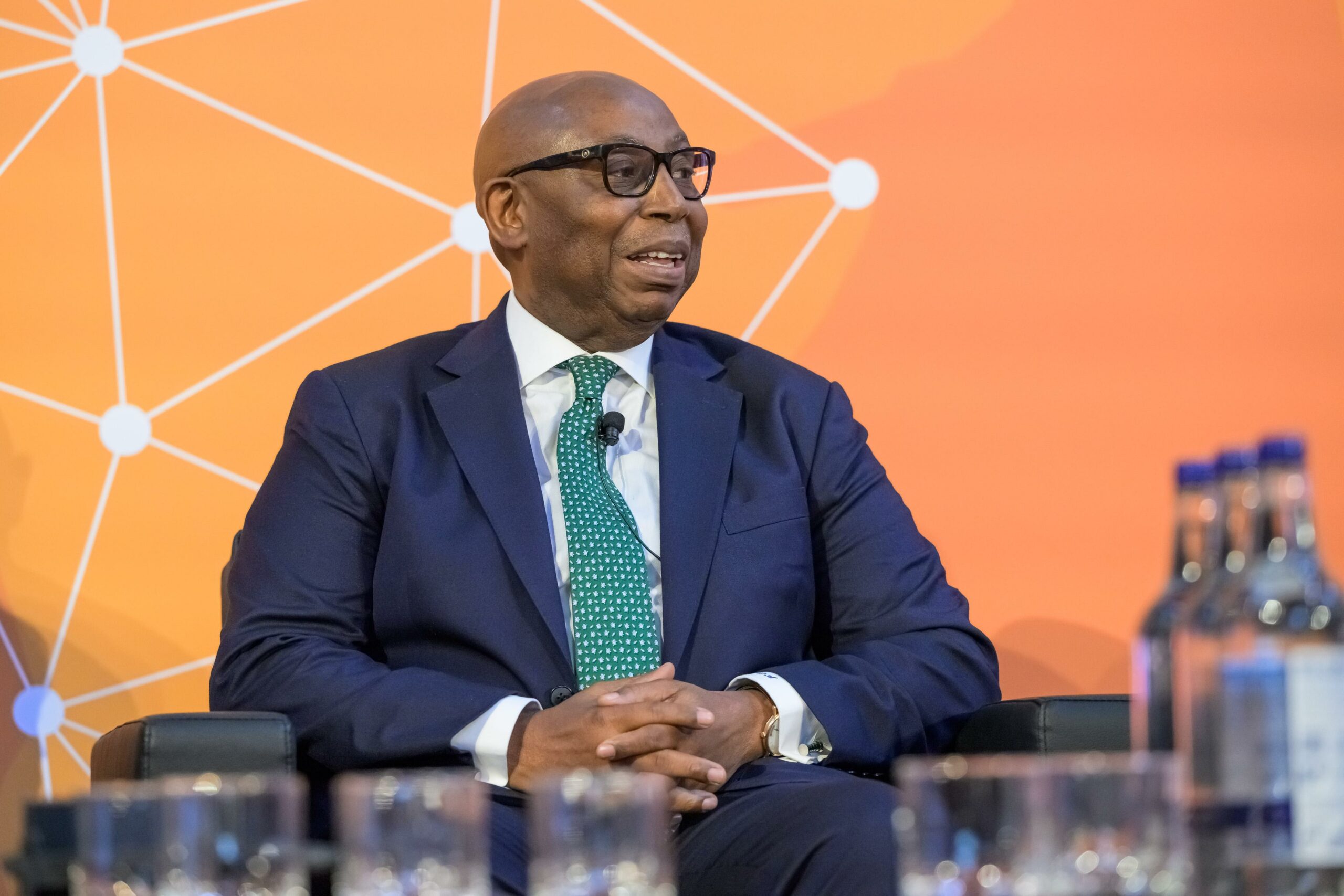
Concrete results and a vision for the future
The bet has paid off. With the strategic support of Kuramo Capital Management, PHC has charted a new course. Under Monique Gieskes’ visionary leadership, the company has experienced spectacular growth marked by outstanding results: palm oil production has doubled while maintaining strict cost control; the workforce has also doubled, now totaling nearly 10,000 direct employees, making PHC the country’s second-largest employer after the Congolese state, and the largest private-sector employer.
But the transformation goes beyond economics. PHC has committed significant social investments: nearly 40 schools built, 4 hospitals with a total of 460 beds brought into operation, expanded access to clean water for rural communities around the plantations, as well as the establishment of agricultural cooperatives and ongoing training programs for smallholders. This inclusive approach makes agriculture a vector of human development as much as economic growth.
Far from resting on its laurels, PHC is maintaining its innovation and sustainability momentum with a series of ambitious projects. These include the construction of a biogas unit and a new state-of-the-art refinery, both integrated into a resolutely responsible, inclusive, and climate-conscious approach.
True to its environmental commitments, the company enforces a strict zero-deforestation policy, focuses on rehabilitating degraded lands, and adopts innovative agricultural practices to sustainably increase productivity while meeting growing market demand.
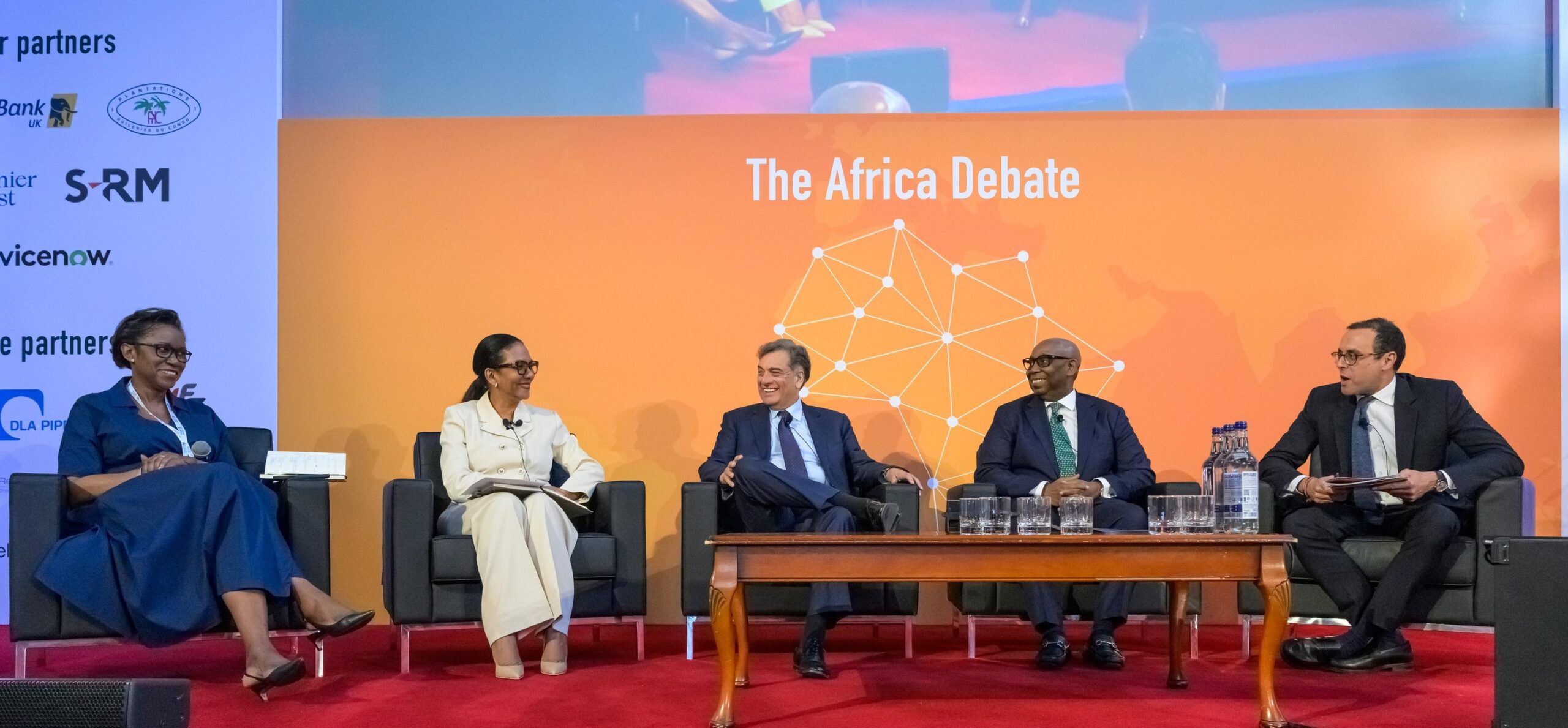
An inclusive vision for agriculture
For Monique Gieskes, PHC’s vision is clear: building shared prosperity through agro-industry. “And we prove every day that it is possible, even in rural areas long neglected,” she affirmed.
In a country historically oriented towards mining, PHC shows that another path is possible. “PHC is living proof that a new agricultural model is possible in the DRC, a productive, inclusive, and resilient model. Agriculture can become an economic engine as powerful as mining: in job creation, added value, and local impact,” Monique Gieskes concluded.
Agriculture serving national development
PHC is not just a palm oil producer: the company has become a pillar of social development in the DRC. It now manages the largest private hospital network in the country, including 4 reference hospitals, 4 health centers, and 18 dispensaries serving nearly 150,000 people.
Education is another key focus of its commitment: since 2021, 40 schools have been built or rehabilitated, providing a quality learning environment for over 10,000 children from surrounding communities.
By combining modernization, sustainability, and social responsibility, PHC is redefining the contours of agro-industry in the DRC. The company thus confirms its key role in the country’s economic transformation, guided by a vision of shared prosperity.
